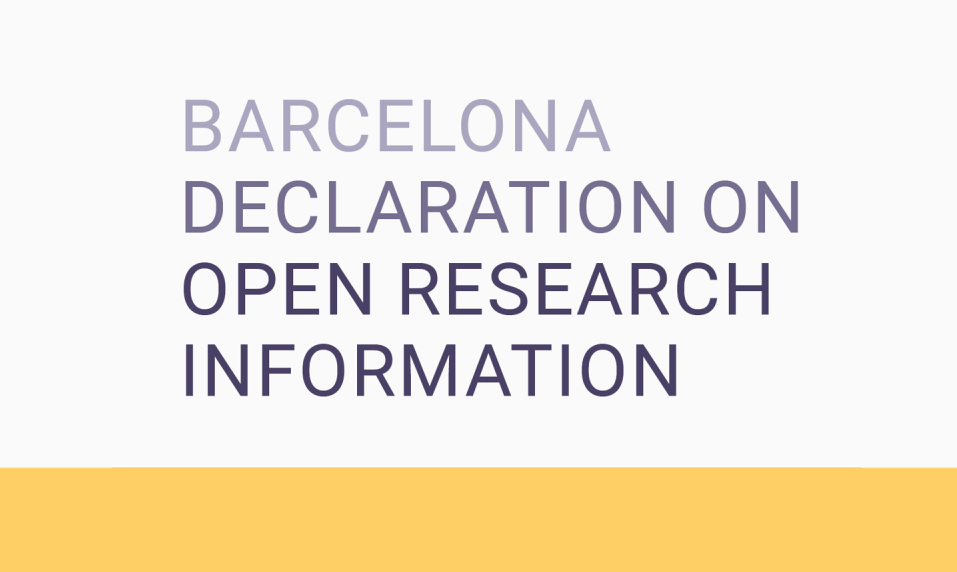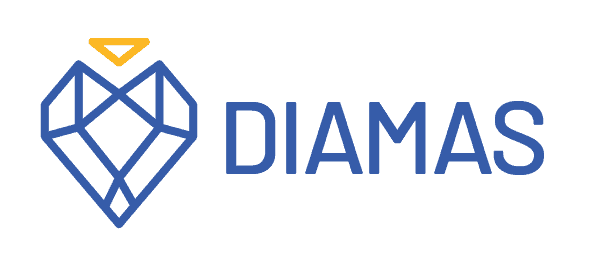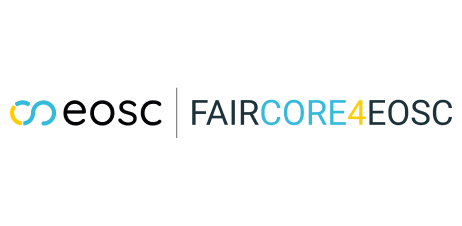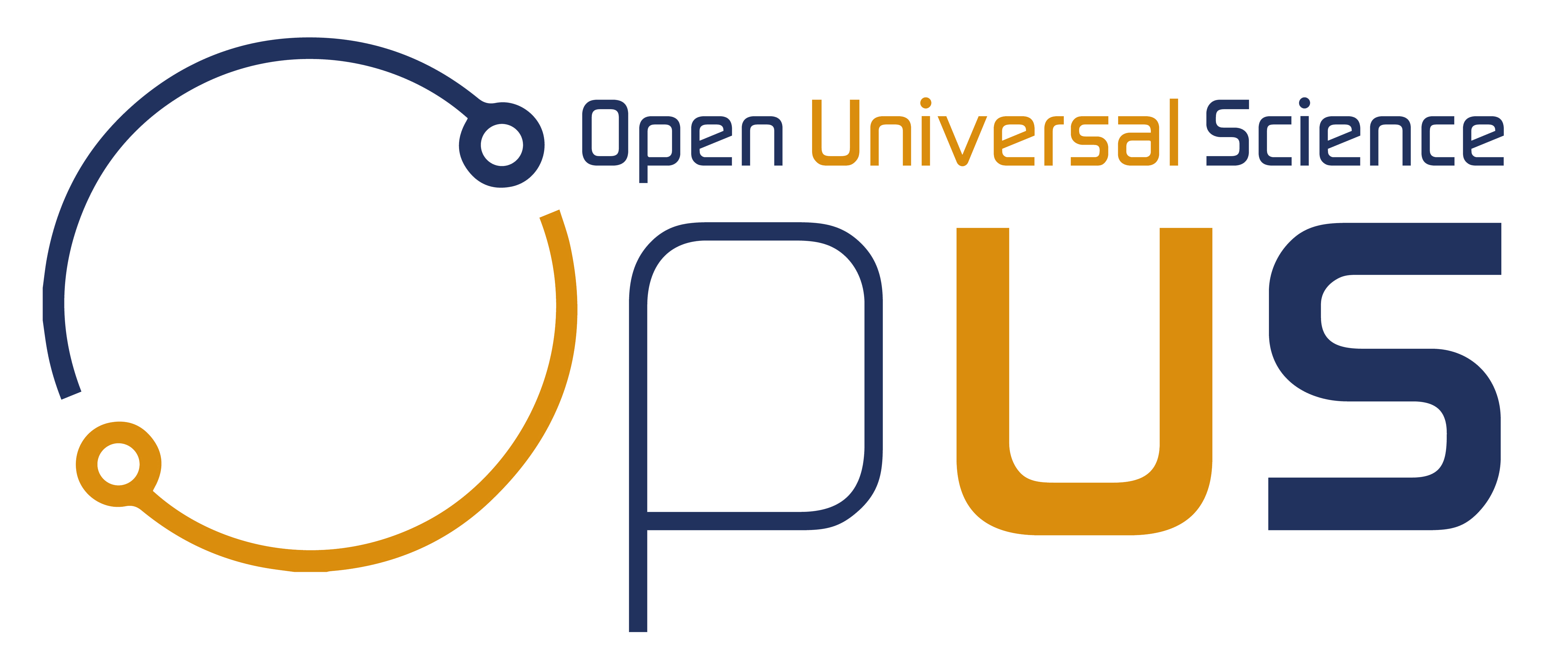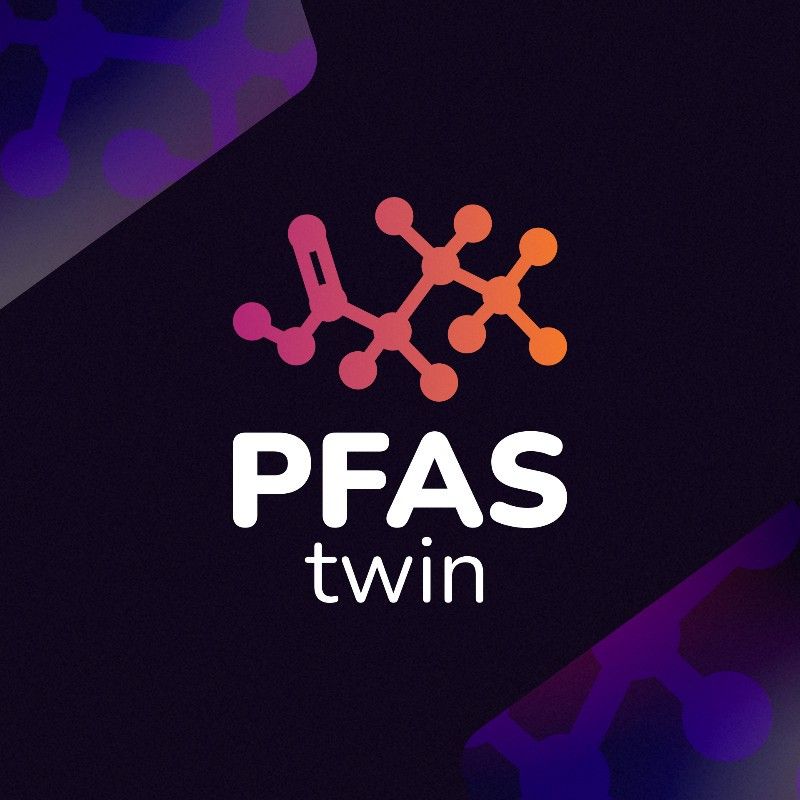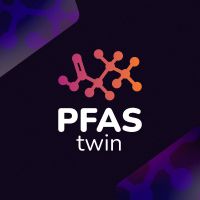Collaborations
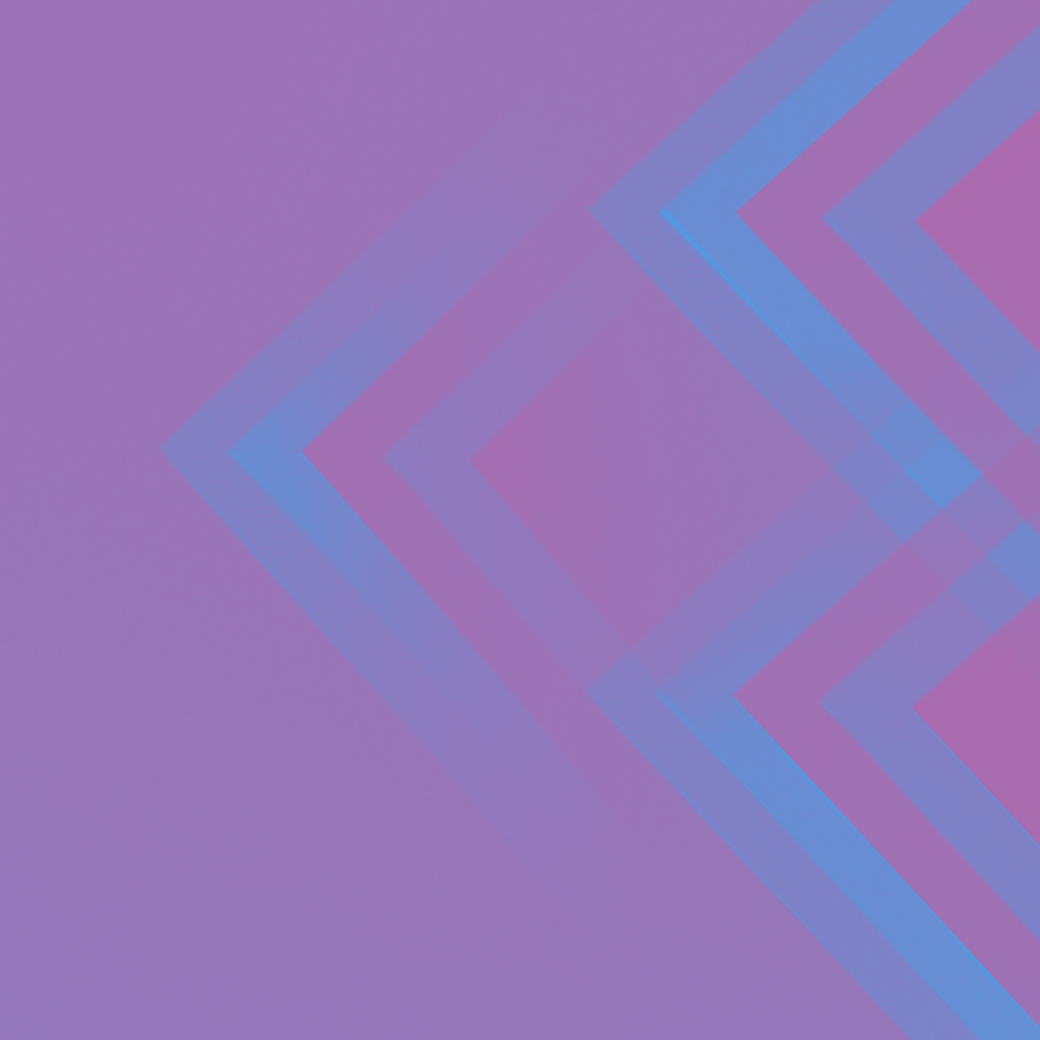


GraspOS collaborates with projects and initiatives to leverage complementary strengths and common goals, collectively driving change towards an open and responsible research assessment system.
Discover the projects we collaborate with, and find out more about our joint activities below.
Members of CoARA have signed the Agreement on Reforming Research Assessment, meaning that they commit to implement changes to research assessment, and mutually support and learn from each other as they progress in their reform journey.
GraspOS benefits from the OI4RRA Working Group (WG) and more broadly from CoARA on the alignment with the main user stakeholders: those organisations that embrace the willingness to change the Research Assessment. The complementary activities that OI4RRA and GraspOS have in their own roadmap, allow us to exploit the main milestones of the project not only with the CoARA members, but also with important stakeholders outside of Europe.
CoARA being a volunteer initiative, the OI4RRA WG is benefitting from GraspOS human resources to discuss the principles, governance, and sustainability of infrastructures and/or dataspaces which can facilitate the shift towards a novel and community-driven research assessment system.
Finally, considering that GraspOS activities focus on ensuring the alignment between Open Science and Responsible Research Assessment, the project serves as a vital interface between EOSC and CoARA.
Focus areas: Infrastructure, Policy
Expected outcomes: Recommendations, Guidelines
The Barcelona Declaration on Open Research Information aims to promote openness of research information.
GraspOS collaborates with the Barcelona Declaration Initiative to support and facilitate the transition from closed to open research information, to increase awareness of the Declaration among organisations interested in research assessment reform, and to showcase successful examples of such reforms.
Joint activities include integrating the Declaration into GraspOS discussions and aligning GraspOS activities with the roadmap for open research information being developed in the context of the Declaration.
Focus areas: Theoretical framework, Policies for infrastructures on research assessment
Expected outcomes: Recommendations, Guidelines
The Horizon Europe Communication and Engagement Working Group (C&E WG) is coordinated by the EOSC Association with the aim to ensure alignment between Horizon Europe projects contributing to EOSC.
The C&E WG brings together the Communication Officers of Horizon Europe projects in monthly online meetings, providing the opportunity for GraspOS to connect with other Horizon Europe projects, and to participate in joint activities.
Specifically, the goals of the C&E WG are to strengthen collaborations and engagement with stakeholders of the EOSC ecosystem; foster synergies and knowledge dissemination between EOSC-related Horizon Europe projects; and to establish the EOSC Forum where information is exchanged about the organisation of events and consultations in which EOSC actors participate.
Focus areas: Communication and engagement for INFRAEOSC projects, Policy
Expected outcomes: Joint policy brief
OPUS is a Horizon Europe Coordination and Support action project focusing on developing measures to reform the assessment of research(ers).
The project is developing a researcher's framework which GraspOS would like to take into consideration for the implementation of certain components of the Open Science Assessment Framework (OSAF) and of GraspOS services, tools, and data for research assessment support.
Collaboration with OPUS will help avoid duplication of efforts and will ensure that the potential for aligning towards complementary outcomes is exploited.
Focus areas: Theoretical framework, Policy, Datasets
Expected outcomes: Joint coordination of potential duplication and potential synergies; translate OPUS Research Assessment Framework for use in GraspOS services
PathOS is a Horizon Europe project which aims to collect concrete evidence of Open Science effects, and study pathways for Open Science practices, from input to output, outcome and impact, including the consideration of enabling factors and key barriers.
The collaboration between GraspOS and PathOS is essential for evaluating the impact of research through Open Science Practices. By leveraging the data and Open Science indicators provided by GraspOS, this partnership enables a deeper understanding of impact pathways. This, in turn, enhances the rationality and effectiveness of research assessments, promoting more informed decision-making and strategic development within the GraspOS project.
Focus areas: Tools and Services, Infrastructure, Datasets, Policy
Expected outcomes: Recommendations, Guidelines
SciLake is a Horizon Europe Research and Innovation action project aiming to deliver technological solutions to facilitate the creation of Scientific Knowledge Graphs (SKGs) tailored for particular domains.
Heterogeneity in the storage and sharing of scientific knowledge creates obstacles which hinder its effective use for various valuable applications within the research community.
SciLake introduces an open Scientific Lake concept, comprising an array of customizable components that can be deployed and executed on a federation of machines (called SciLake nodes) to facilitate the creation, interlinking, and maintenance of domain-specific, community-managed SKGs, and offer a unified method for accessing and querying the contained assets enabling the creation of value-added services to enhance knowledge discovery and other routines important to the research community at large. Demonstrating the practical application of this concept, SciLake is also developing indicative, discipline-tailored, value-added services, focusing on two main application areas: knowledge discovery & enhancing reproducibility
The collaboration between both projects takes place in a bidirectionnal manner and is expected to yield mutual benefits for both projects. SciLake develops various technologies which can enhance GraspOS, while GraspOS provides Scilake with a research-assessment-related use case for SciLake components. Moreover, both projects plan to utilise and extend the SKG-IF data model for interoperability of scientific data sources, making collaboration essential to avoid duplicate efforts.
Focus areas: Infrastructure, Datasets
Expected outcomes: Joint result
The FAIRCORE4EOSC project focuses on the development and realisation of core components for the European Open Science Cloud (EOSC), one of which is the Research Activity Identifier Service (RAiD).
The RAiD provides persistent, unique and resolvable information for research projects. It is an editable information record, which is issued with a persistent identifier (DOI). This combination enables curation of digital objects by multiple actors, over time, whereby changes to the information record do not require versioning of the DOI.
GraspOS considers the RAiD as an appropriate technology to implement concepts such as the Assessment Portfolios, or the GraspOS Assessment Registry, as it enables the systematic cataloging of assessment actors, documents, and evidence.
Since RAiD is a relatively new initiative, there is a crucial requirement for use cases to demonstrate its value and aid in gathering requirements from real-life scenarios. GraspOS is well-positioned to offer such use cases by implementing RAiD profiles capable of gathering information for research assessment events.
Focus areas: Infrastructure, Theoretical framework, Datasets
Expected outcomes: Adapting FAIRCORE4EOSC RAiD service for use in GraspOS assessment services; joint dissemination
DIAMAS is a Horizon Europe Coordination and Support Action project which aims to explore and promote diamond publishing as a valued and quality publication venue.
DIAMAS is working on advice and guidance on how to build appropriate diamond publishing activities demonstrating the robustness and quality process included in Diamond Publishing (see the Diamond Open Access Standard). GraspOS, and particularly the Open Science Assessment Framework (OSAF), could benefit from learning from colleagues on how Diamond publishing is developing to include elements in our recommendations/guidelines.
Focus areas: Diamond Publishing, Policy
Expected outcomes: Joint report, Recommendations, Guidelines
CRAFT-OA is a Horizon Europe Research and Innovation Action project which aims to consolidate the Diamond Open Access (OA) publishing landscape by improving the technological bases of its platforms, software and infrastructure to make Diamond OA activities and results more discoverable and appreciated.
Further exploring the data quality perspective, this collaboration will aim to combine the work carried out in GraspOS and CRAFT-OA, exploring how CRAFT-OA is approaching the creation of its registry, the Diamond Discovery Hub (DDH).
Focus areas: Infrastructure, Diamond Publishing
Expected outcomes: Joint report, Recommendations, Guidelines
The main aim of the OSTrails project is to streamline FAIRness, interconnectivity and machine actionability across Planning, Tracking and Assessing research phases.
The collaboration between GraspOS and OSTrails is expected to enhance FAIR principles implementation, provide shared expertise in Open Science, and integrate infrastructure improvements.
Focus areas: Infrastructure, Datasets, Theoretical framework
Expected outcomes: Raise awareness, Recommendations, Guidelines
The PFAStwin project aims to enhance the capacity of the University of Belgrade - Faculty of Chemistry for advanced PFAS analysis and bioremediation.
Through specific collaboration activities, GraspOS and PFAStwin will support the advancement of Green Open Access via the Cherry institutional repository of the University of Belgrade, Faculty of Chemistry, positioning it as a vital resource for inclusion in future research assessment initiatives.
Focus areas: Infrastructure, Tools and Services, Theoretical framework
Expected outcomes: Joint report, Recommendations, Guidelines

want to know
more?


